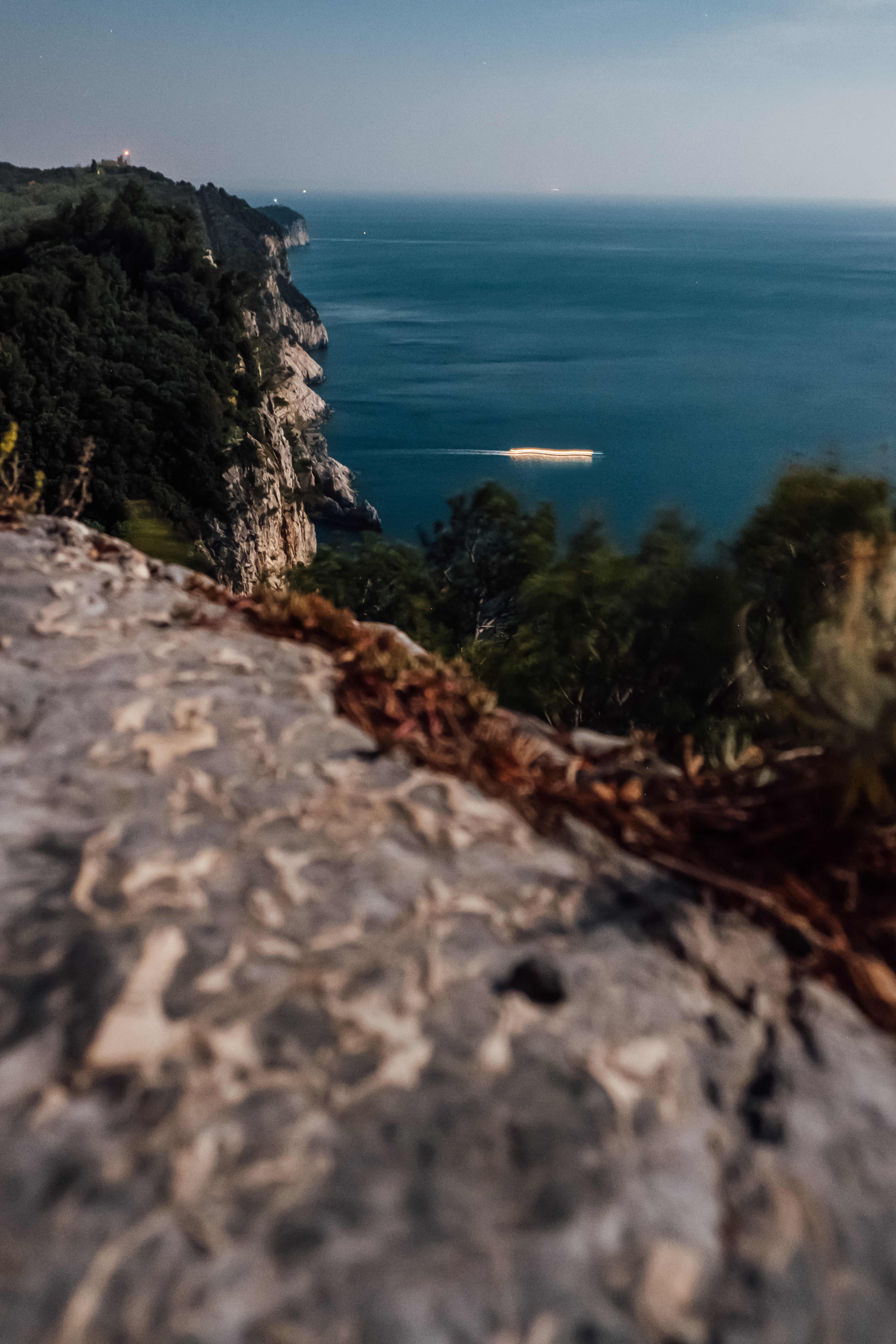
News
Does Culture Count for Resilience? RescueME holds joint session with THETIDA, PALIMPSEST at EURESFO in Valencia
3 July 2024
At this year’s European Urban Resilience Forum (EURESFO) in Valencia (Spain), RescueME partners presented alongside THETIDA and PALIMPSEST in a session titled “Does Culture Count for Resilience? Opportunities and Challenges for More Resilient Cultural Landscapes.” With more than 450 attendees, EURESFO represented a key opportunity to make sure that cultural landscapes were included in the resilience conversation – a narrative strengthened by a joint case study session with related projects.
RescueME kicked off the session, with Project Coordinator Aitziber Egusquiza (Tecnalia) giving a closer look at how RescueME works to boost the resilience of cultural landscapes through the lens of complex socioecological systems. For project partners, this means looking at the whole community as they go about “the co-creation of local knowledge, impact chains, transformative pathways, lessons learned and validation.” To start with a solid understanding of the socioecological systems at play in its R-Labscapes, Egusquiza highlighted that RescueME is using a multi-scale assessment as outlined in the new Atlas of EU Coastal Heritage Landscape Typologies and Climate Change Impacts.
To tie into EURESFO’s location in Valencia, local RescueME partner Lola Vicente-Almazán of Las Naves spoke next, outlining the cultural value and vulnerability of RescueME’s R-Labscape in the Globally Important Agricultural Heritage Systems site of the Historical Irrigation System at the Huerta de Valencia. Encompassing many overlapping and intertwined systems, the Huerta includes not only physical heritage like roads, farmhouses, and mills, but also agricultural systems, historic water management and irrigation systems, and socioeconomic systems that include thousands of families in the agricultural community. All together, these systems face shocks from hazards like heat waves, droughts, agricultural abandonment and urban and infrastructure expansion.
To address these hazards, Vicente-Almazán detailed the process of creating Impact Chains for the Huerta. During these Impact Chain exercises, RescueME partners worked with local stakeholders to analyse the intersection of hazards, exposure, and vulnerability. Since this exercise, partners have been better able to begin to identify a set of appropriate solutions for the area. Nonetheless, challenges that have remain for Valencia as they gather data from various sources, and adapt to political changes at the local scale – both challenges which were shared in the panel discussion with THETIDA and PALIMPSEST partners.
THETIDA partners then went on to present their work focusing on underwater cultural heritage. Tina Katika, Senior Researcher at ICCS described project sites like Svalbard, Norway that is threatened by sea level rise, and a shipwreck in La Spezia, Italy impacted by changing water temperatures and currents. In sites like these, THETIDA partners will apply a novel sensing network, as well as a living lab approach to gather citizen data.
Meanwhile, PALIMPSEST project partner Chema Segovia (Culturalink) opened up the floor to the discussion of interrelationships between transforming landscapes, sustainability, co-creation, and creative practitioners and professionals. The PALIMPSEST project approach, much like RescueME, looks to activate local ecosystems of stakeholders in a co-creative process. This approach is applied to case study sites like Jerez (Spain) as the community works on making an energy transition, in Łódź (Poland) in their work on clean air, and in Milan (Italy) as they become more “water-sensitive.”
The ensuing discussion with attendees underscored the importance of cultural heritage in adapting our communities to climate change. In the words of RescueME’s Project Coordinator, Aitziber Egusquiza: “Historic cities need to be alive. This mindset of ‘do not touch anything’ makes historical city centres into thematic parks. Cities have changed throughout history, and we need to keep changing and adapt. But the management of the change is important. One way is to involve the cultural heritage managers/officers from the beginning of decision-making processes.” By presenting jointly to an international audience at EURESFO, these three projects elevated the value of cultural heritage in protecting and making our communities more resilient and livable in the long-term.
Image by "ICLEI Europe"
All news
RESILIENT CULTURAL LANDSCAPES


Funded by the European Union. Views and opinions expressed are however those of the author(s) only and do not necessarily reflect those of the European Union or Research Executive Agency (REA). Neither the European Union nor the granting authority can be held responsible for them.
